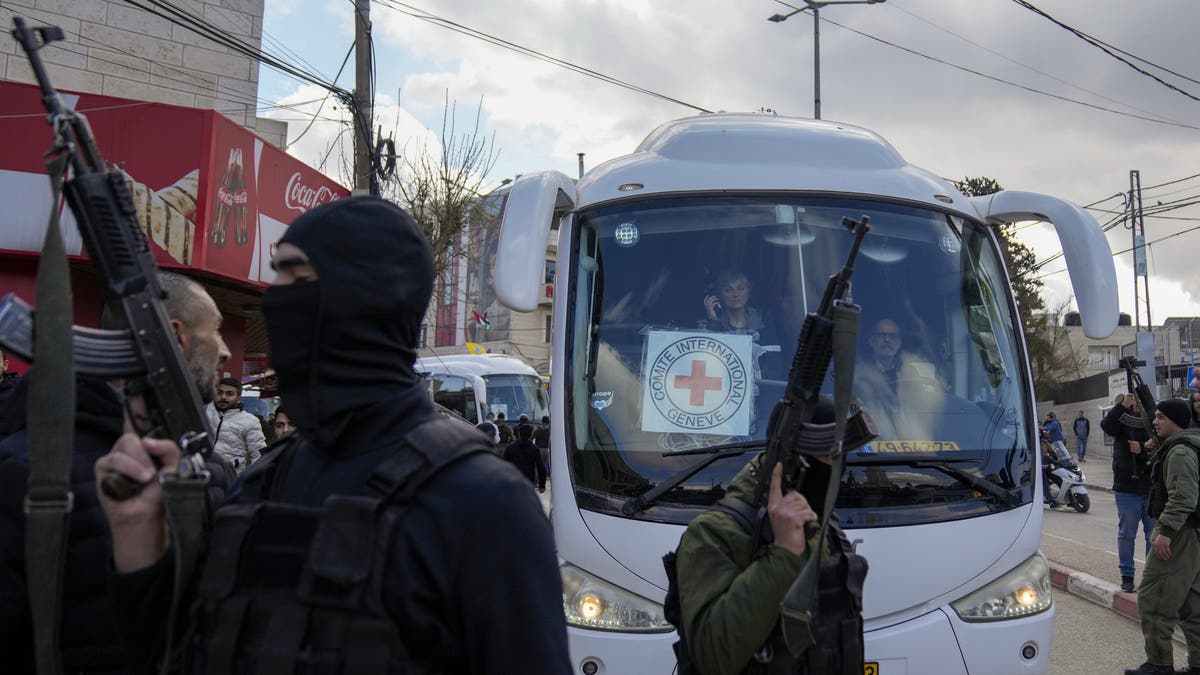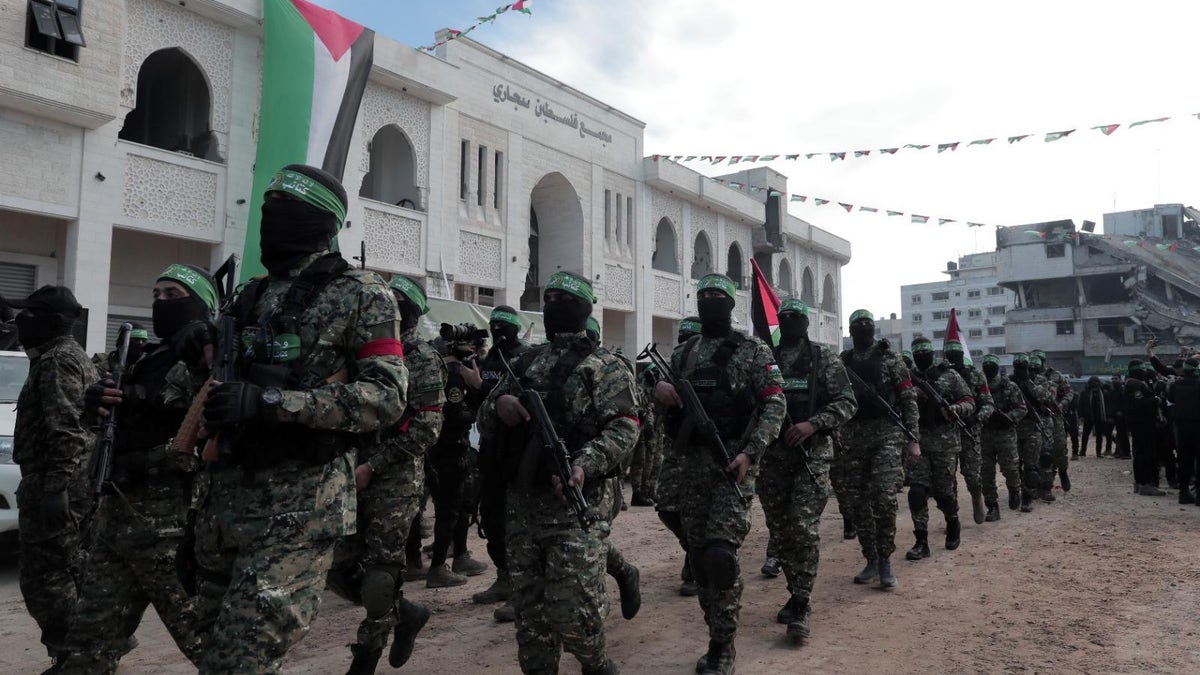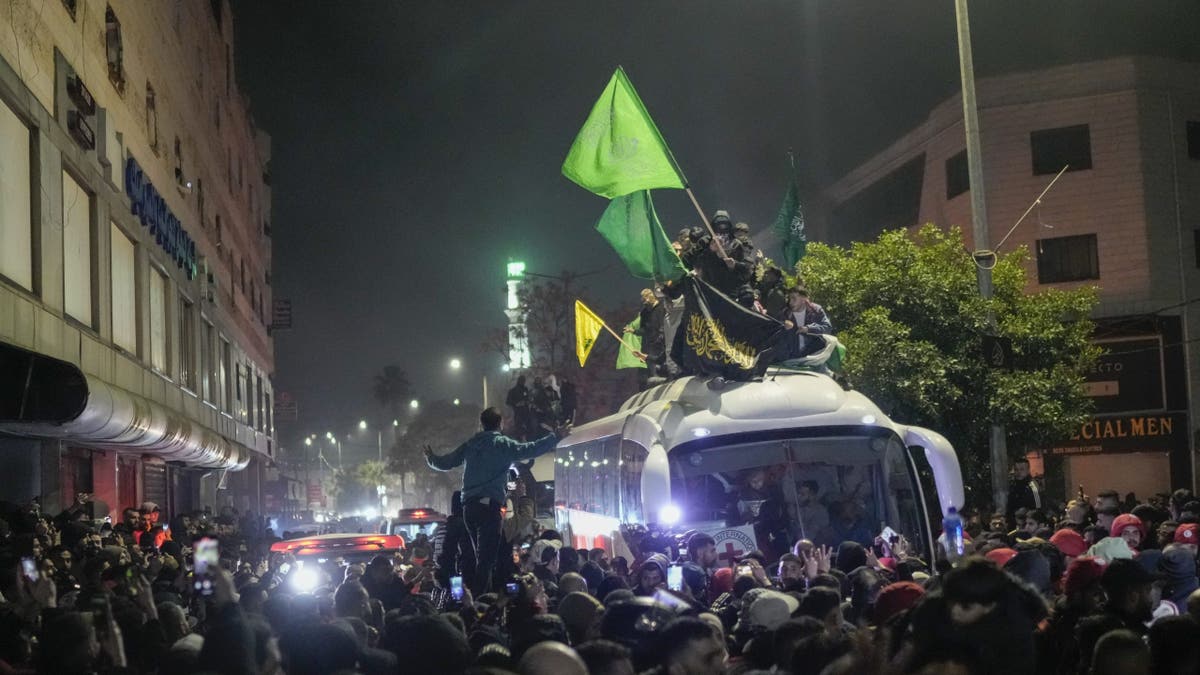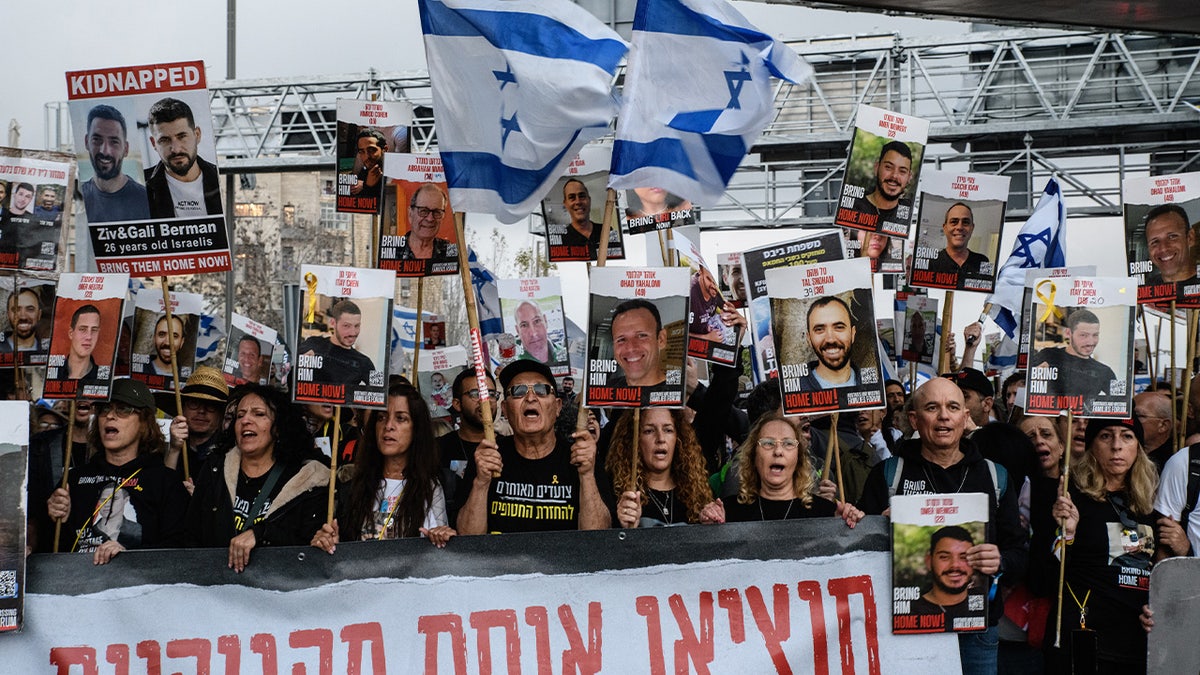Amidst a complex and emotionally charged ceasefire agreement between Israel and Hamas, four female hostages, held captive for 477 days, have been reunited with their families. This second phase of the deal involved Israel's release of 200 Palestinian prisoners, many serving life sentences for acts of terrorism. The exchange has ignited intense debate and soul-searching within Israel, balancing the joy of the hostages' return with the profound pain of victims' families.
The release has reopened wounds for those who lost loved ones to the freed prisoners. Hillel Fuld, whose brother Ari was murdered by a Palestinian terrorist six years ago, expressed the conflicting emotions, describing the situation as "both terrible and beautiful." While acknowledging the personal blow, he affirmed his support for the deal, emphasizing the importance of the hostages' return. He did, however, voice concerns regarding the security implications of releasing convicted terrorists back into the region, hoping for a well-defined government plan to mitigate future risks.

Orit Mark Ettinger, who lost her father and brother in separate terrorist attacks, shared her raw grief and anguish over the release. While understanding the necessity of bringing the hostages home, she grappled with the injustice of seeing her father's killers potentially walking free. Ettinger highlighted the agonizing dilemma faced by many families, torn between the imperative to save innocent lives and the fear of future violence.

The ceasefire agreement stipulates the release of nearly 2,000 prisoners, some responsible for devastating attacks in Israel's history. This includes individuals like Wael Qassem, serving 35 life sentences, and Majdi Za'atri, serving 23, both convicted for their roles in deadly suicide bombings. The list also includes Mardawi Tabat, sentenced for murdering 21 civilians, among numerous others with extensive records of violence.
Ronen Bar, Director of the Israeli General Security Service, expressed concern over recidivism, citing the statistic that 82% of prisoners released in the 2011 Gilad Shalit exchange returned to terrorism. He highlighted that many Hamas leaders involved in the October 7th massacre were previously released prisoners, underscoring the potential long-term security risks.

Zohar Dvir, former commander of the Yamam counterterrorism unit, acknowledged the difficult balance between capturing terrorists and securing the safe return of hostages. He emphasized the dwindling chances of successful rescue operations as time progresses, making negotiated releases, despite their painful costs, a necessary option. He expressed confidence in the security establishment's long memory and determination to eventually hold all perpetrators accountable.

Journalist Yair Cherki, who also lost a brother in a terrorist attack, offered a critical perspective on the deal's strategic implications, questioning the diplomatic approach and expressing concerns about empowering Hamas. However, he ultimately acknowledged the necessity of the hostage release for the healing of Israeli society. This sentiment was echoed by others directly affected by the violence, who recognized the prioritization of human life and the collective responsibility to bring the hostages home.
Comments(0)
Top Comments